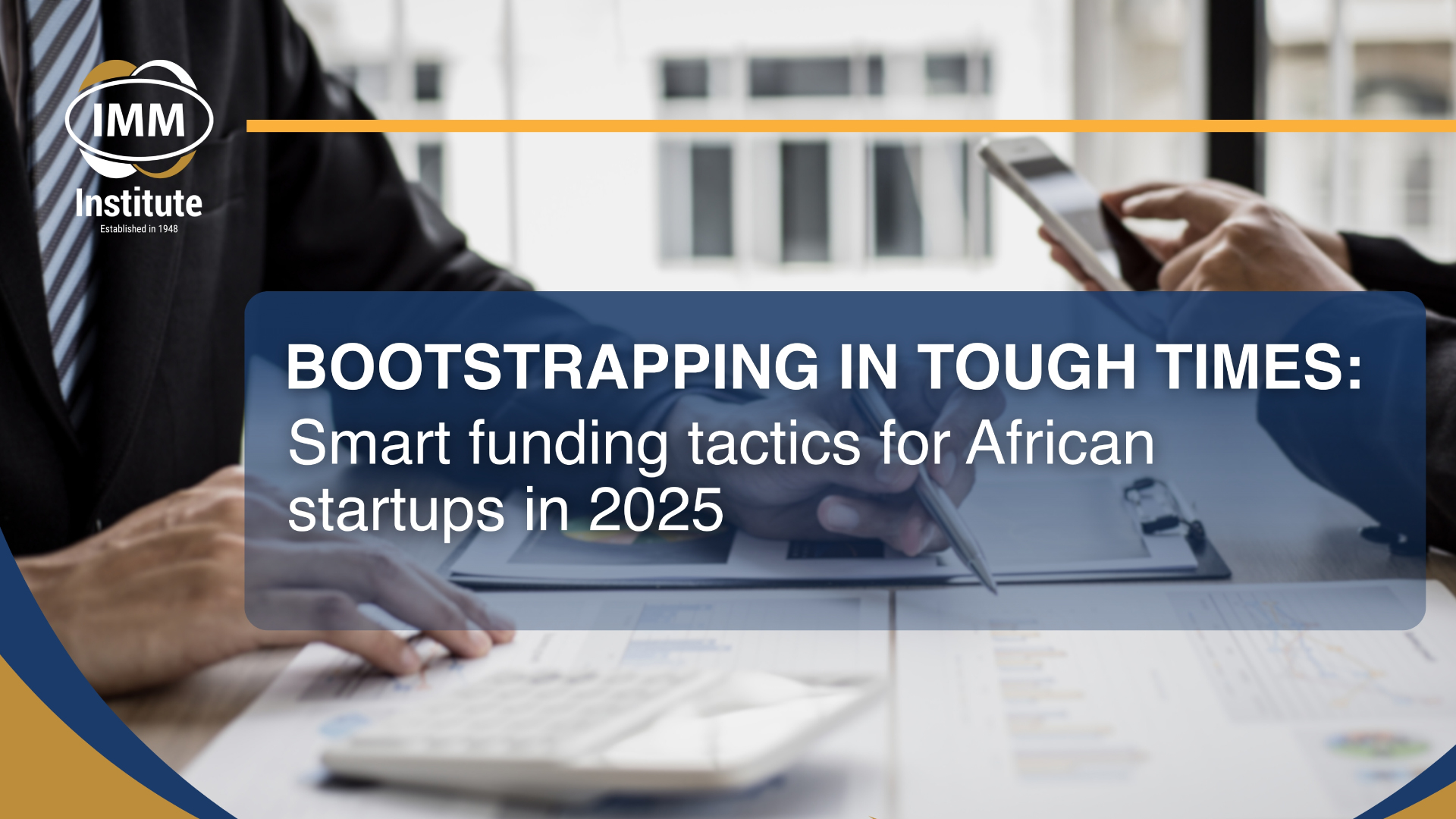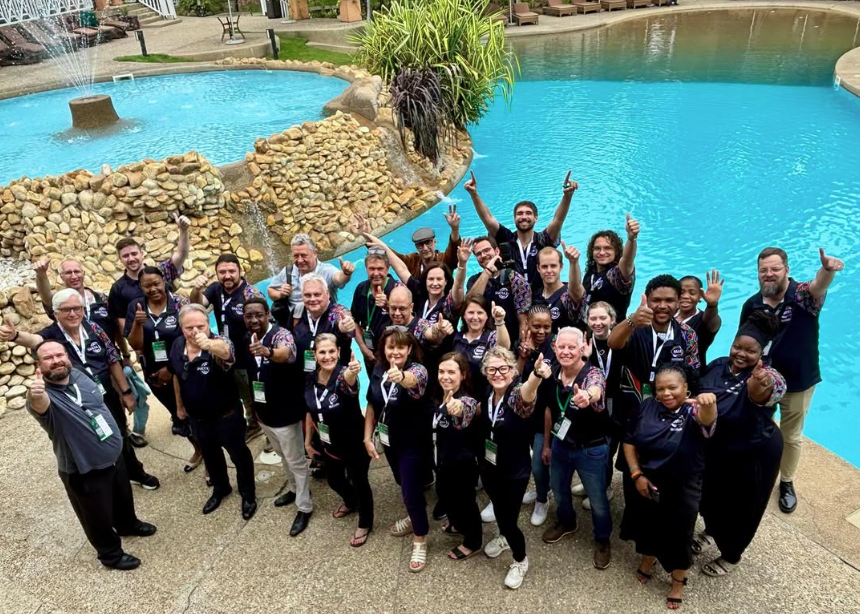
Bootstrapping in tough times: Smart funding tactics for African startups in 2025
Starting a business is never easy plus uncertainties do not make the situation any easier on the continent. For most startups across the continent, if bank loans or venture capital are not an option, bootstrapping is the only choice.
Bootstrapping, growing a business using personal savings, revenue, and creative resource management, requires grit, innovation, and smart financial tactics. But in 2025, small business owners aren’t going it alone. With the rise of new digital tools and funding channels, African entrepreneurs have more options than ever to turn limited capital into sustainable success.

Here’s a practical guide to some of the most effective smart funding tactics available today.
1. Crowdfunding: Community capital for innovative ideas
Crowdfunding has gone through its development stage in Africa. Thundafund, StartSomeGood, and Afrikstart have put a platform in place allowing local entrepreneurs to share their stories and raise funds from supportive communities. By 2025, in a synchronous mode, Instagram and TikTok will slowly start to develop into informal crowdfunding platforms, wherein founders present gripping stories about their business that touch audiences.
Tip: To stand out, create a persuasive pitch video, offer small rewards or perks, and clearly communicate the impact your business will have on the community or market.
2. Angel investors and startup networks
While venture capital may still be limited in many African regions, angel investor networks are stepping up. Organisations such as Lions’ Den South Africa, ABAN (African Business Angels Network), and Savant are actively connecting investors with high-potential startups.
These angels aren’t just offering funds; they’re offering mentorship, connections, and credibility. But they also want to see that you’ve done the work: a working prototype, some customer traction, and a tight business model.
Tip: Join pitch nights, incubators, and networking events, even virtual ones. Build a lean business plan and a strong elevator pitch. Angel investors back people, not just products.

3. Business competitions: The prize money path
From university incubators to Pan-African contests like the Anzisha Prize, MTN Business App of the Year, and the Tony Elumelu Foundation Programme, business competitions are increasingly becoming viable funding avenues. In 2025, many offer not just cash prizes, but free access to training, tools, and media exposure.
Tip: Tailor your applications carefully. Judges often look for a compelling story, clear social or economic impact, and the potential to scale. Keep your submissions focused, measurable, and authentic.
4. Lean operations and digital agility
Bootstrapping is more than finding money: it’s about using what you have wisely. African startups are mastering lean models: outsourcing to freelancers, leveraging no-code tools, and bartering services. Cloud-based platforms like Google Workspace, Canva, and free CRM tools help you do more with less.
Tip: Monitor every rand. Track your expenses, automate wherever possible, and prioritise tools that grow with you. Think “rent before you buy” for everything from office space to equipment.
5. Build a tribe before you sell
In tough times, your community can be your greatest funding source. A loyal customer base, built through consistent engagement and value, can fund your growth through early sales, referrals, and even pre-orders. Think of every follower, newsletter subscriber, or WhatsApp group member as a potential ambassador.
Tip: Build content, not just products. Share your journey. People fund people whom they trust.

Final thought
Funding a startup in Africa in 2025 is no longer about waiting for the perfect investor. It’s about resilience, strategy, and storytelling. By embracing creative funding tactics and leveraging Africa’s growing entrepreneurial ecosystem, today’s bootstrappers are laying the foundations for tomorrow’s market leaders.
For entrepreneurs looking to strengthen their skills alongside their businesses, professional development opportunities from organisations like the IMM Institute, offering online short courses, workshops, and expert-led discussions, can help unlock even greater long-term success.
Are you ready to start smart?















